July 24, 2019
Commercial property sector shifts focus to wellbeing in response to tenant demands
 A new report from the Urban Land Institute (ULI), claims that the wave of interest in wellbeing in the UK is expected to translate into significant investment from the commercial property sector over the next three years. The report, Picture of health: the growing role of wellbeing in commercial real estate investment decision-making, has been published by the ULI UK Sustainability Forum to highlight the rise of wellbeing investment in commercial buildings. The report from ULI UK was sponsored by E.ON and addresses questions about the investment case for incorporating wellbeing into buildings and how to measure its impact. (more…)
A new report from the Urban Land Institute (ULI), claims that the wave of interest in wellbeing in the UK is expected to translate into significant investment from the commercial property sector over the next three years. The report, Picture of health: the growing role of wellbeing in commercial real estate investment decision-making, has been published by the ULI UK Sustainability Forum to highlight the rise of wellbeing investment in commercial buildings. The report from ULI UK was sponsored by E.ON and addresses questions about the investment case for incorporating wellbeing into buildings and how to measure its impact. (more…)








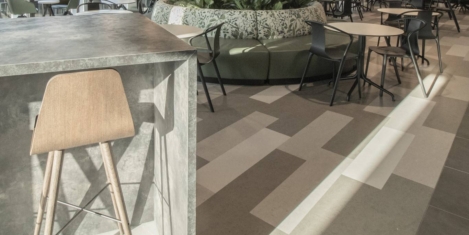














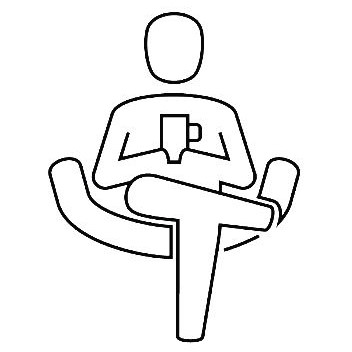
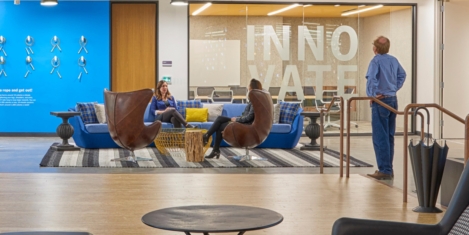
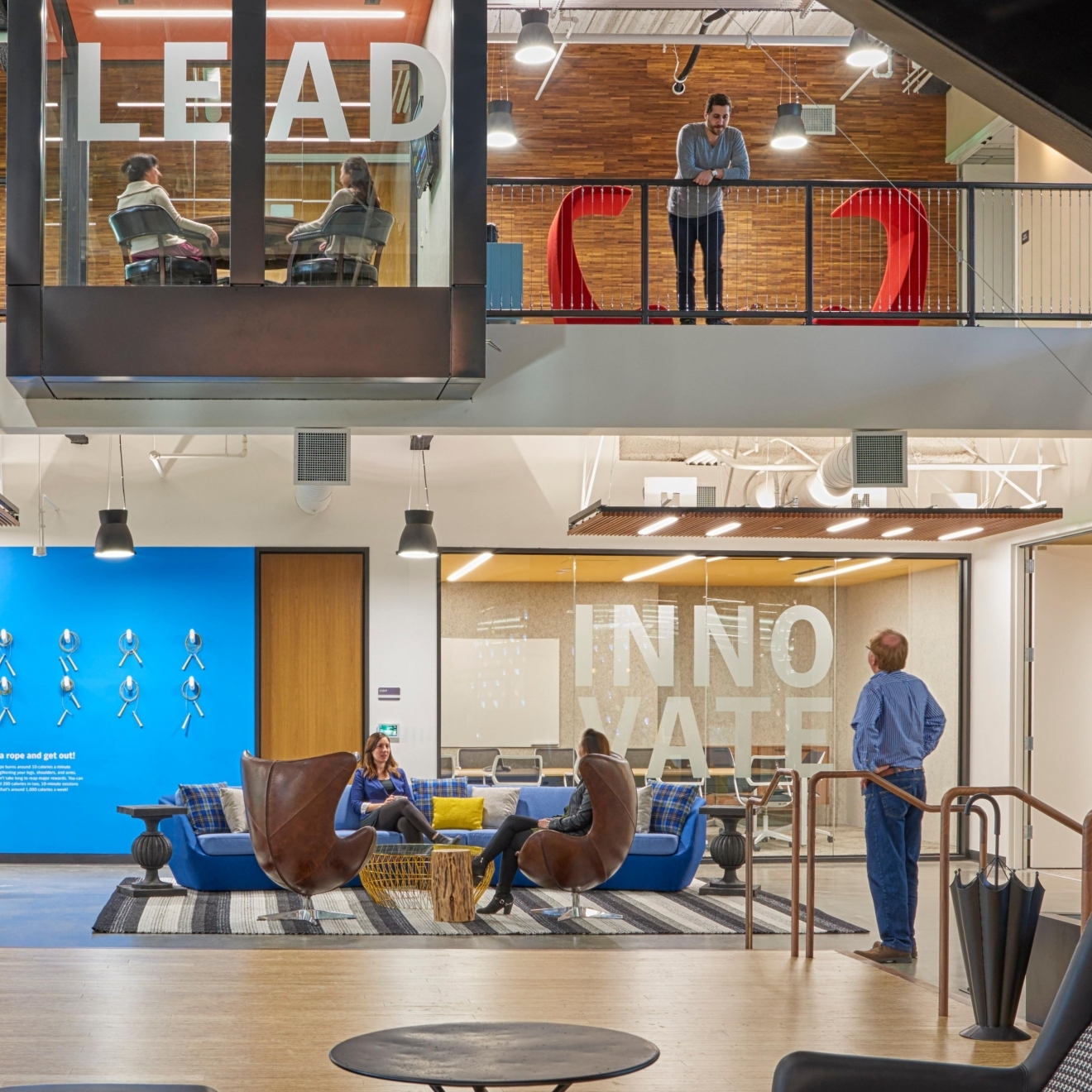

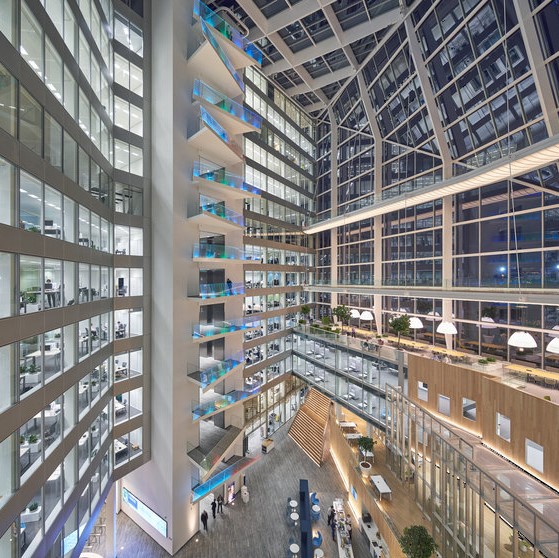









July 22, 2019
Problems with noise at work? A lot of it is in our heads 0
by Anna King • Comment, Wellbeing, Workplace design
(more…)